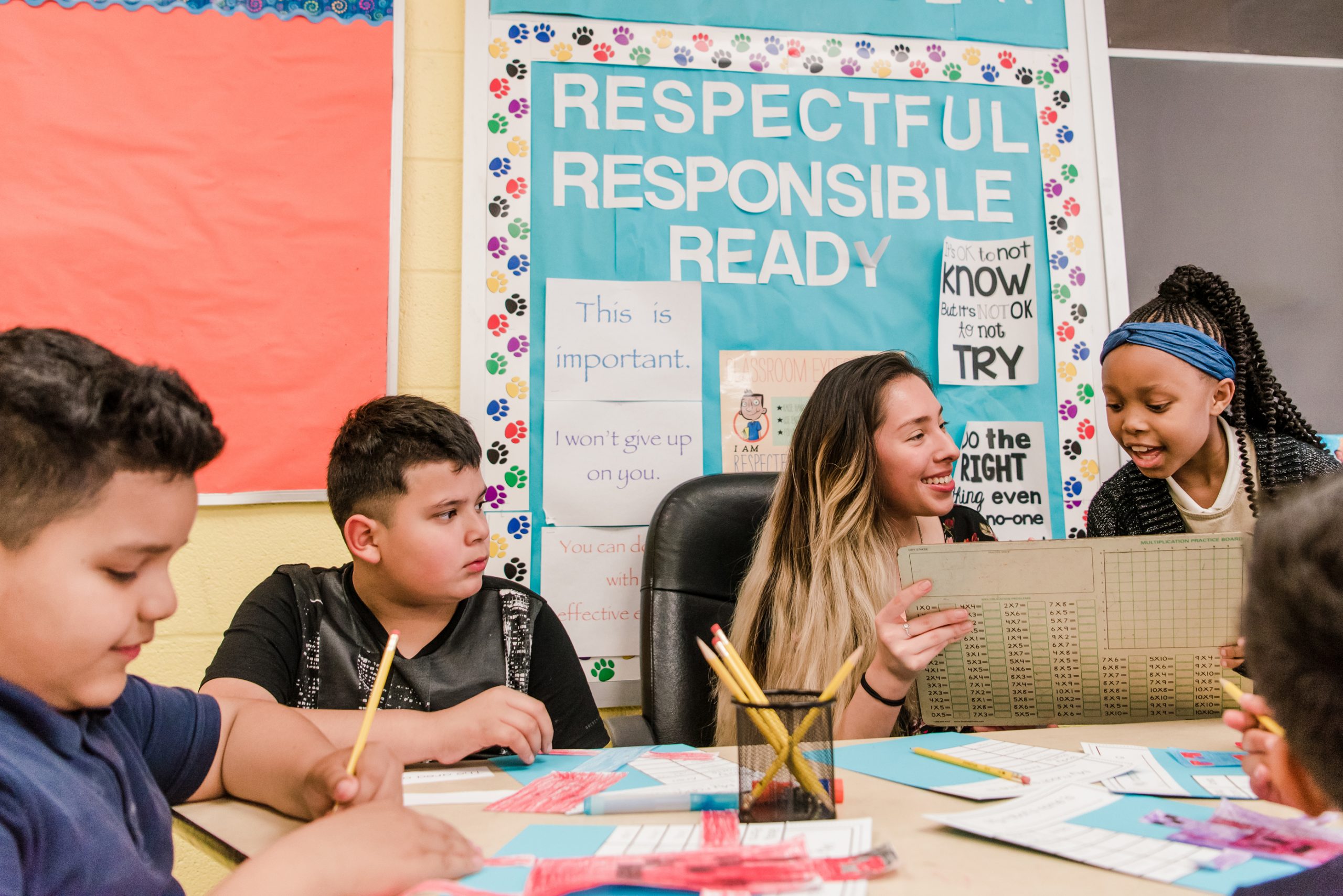The Carnegie Foundation for the Advancement of Teaching has honored UMBC with its distinguished Carnegie Community Engagement Classification. This classification acknowledges UMBC faculty, staff, students, and community partners for their deep commitment to strengthening the bonds between campus and community.
UMBC is one of only 67 public colleges and universities in the U.S. just announced as receiving this honor. To date, 359 U.S. institutions hold this classification. These institutions “are doing exceptional work to forward their public purpose in and through community engagement that enriches teaching and research while also benefiting the broader community,” says Mathew Johnson, executive director of Brown University’s Swearer Center for Public Engagement, the administrative and research home for the classification.
This achievement required a rigorous self-study of UMBC’s work with communities in Greater Baltimore and beyond. That process involved more than 120 members of the UMBC community as well as dozens of community partners.
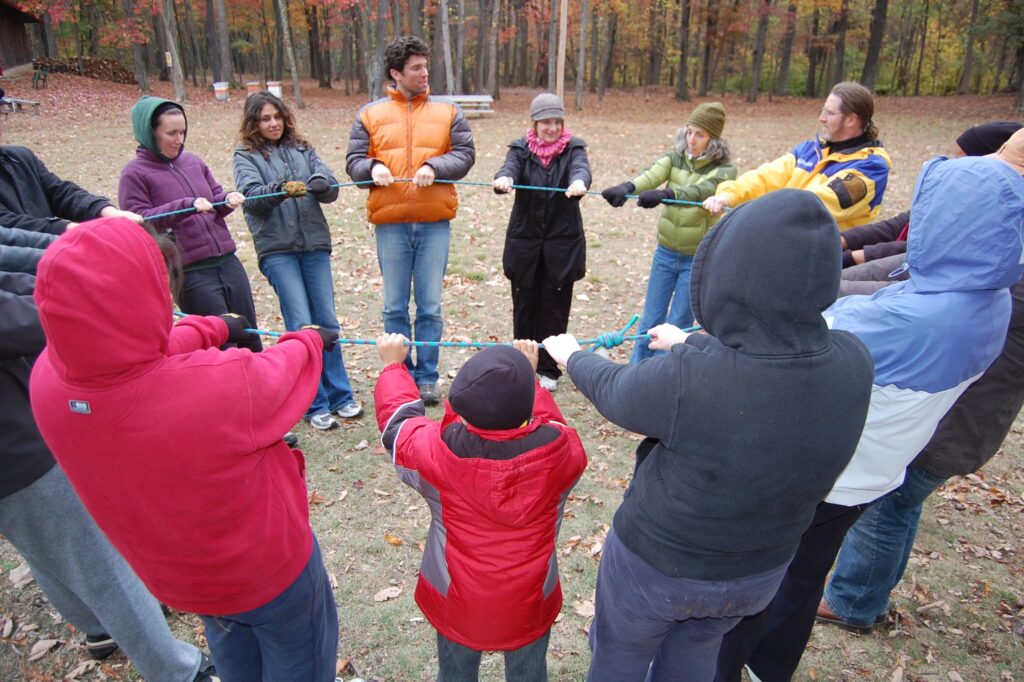
This recognition is a testament to UMBC’s unwavering support for increasing equity in the Baltimore region and in communities nationally and internationally through work that honors existing sources of community strength, fosters investments in communities, and actively works to address disparities in health outcomes, education, and other core issues.
Preparing public servants
The Shriver Center has stood at the center of UMBC’s community engagement work for decades, preparing and connecting faculty, staff, and students from all academic programs with community partners. The Shriver Center’s applied learning experiences have helped thousands of students to develop as community-minded agents of change and hundreds of partner organizations to meet their goals.
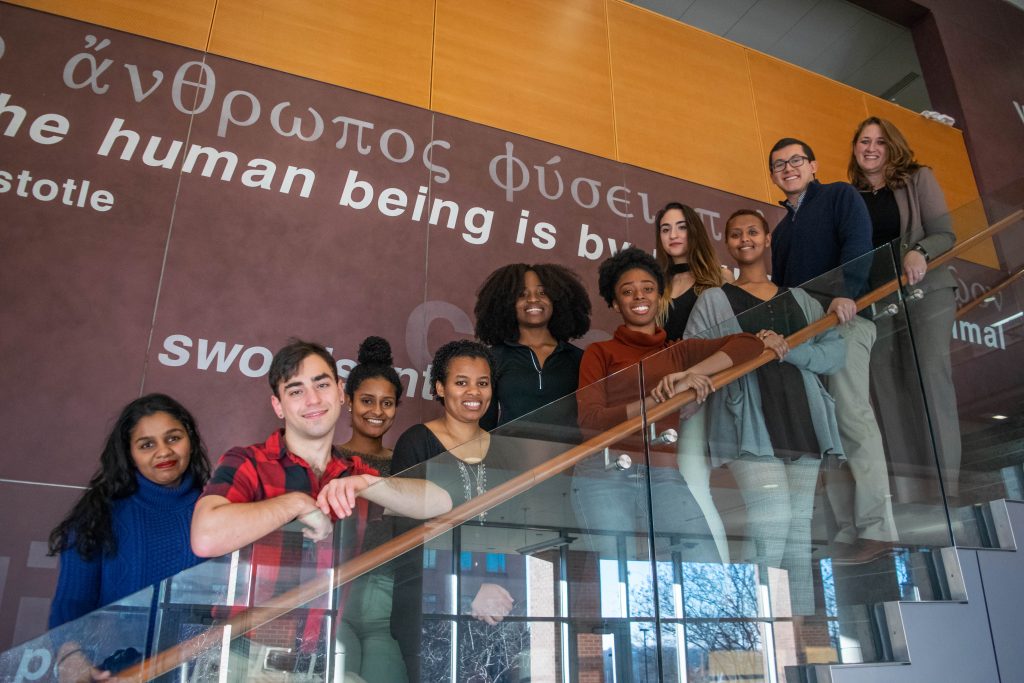
“Carnegie’s definition of community engagement emphasizes the importance of reciprocity and mutual benefits in the partnerships that are created,” explains Michele Wolff, director of the Shriver Center. “Shriver Center programs ask us to think about how we can make our partnerships more authentic, to effectively meet the needs of all involved. In this way, the longstanding approach of the Shriver Center also reflects the Carnegie Foundation’s principles of reciprocity and mutuality.”
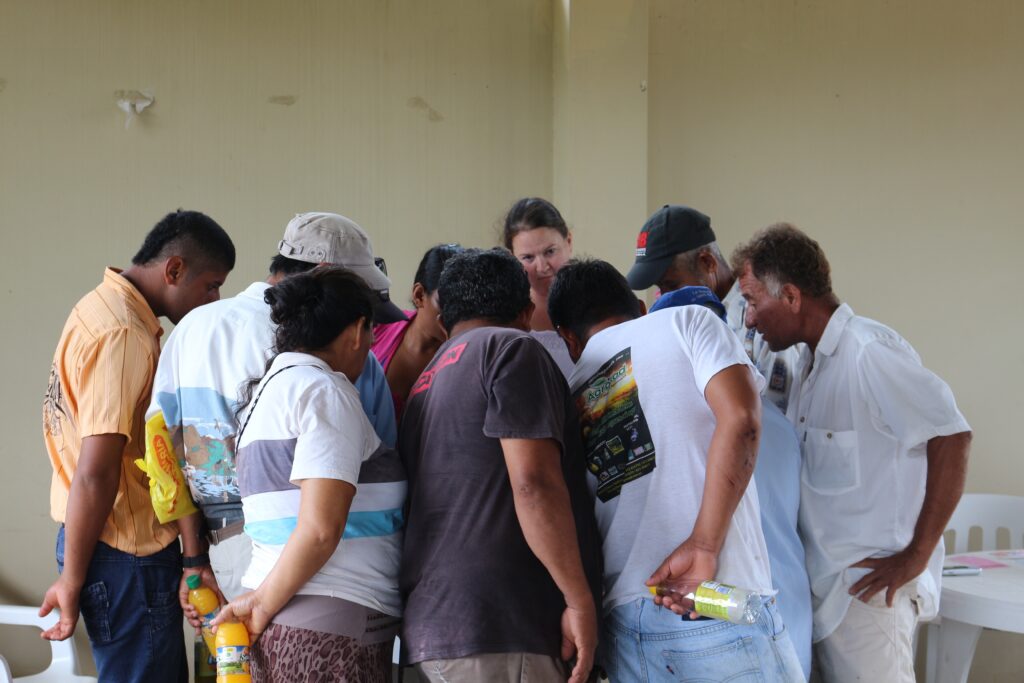
Investing in change
BreakingGround is one long-standing UMBC community engagement initiative with significant impacts, both on and off-campus. This initiative supports work by students, staff, and faculty to address issues they care about, as innovative coalition builders, problem solvers, and agents of social transformation. Examples of projects funded by BreakingGround include environmental justice initiatives and work to improve Baltimore City’s aging water infrastructure.
The work of BreakingGround now fits within UMBC’s Center for Democracy and Civic Life, launched in late 2018.
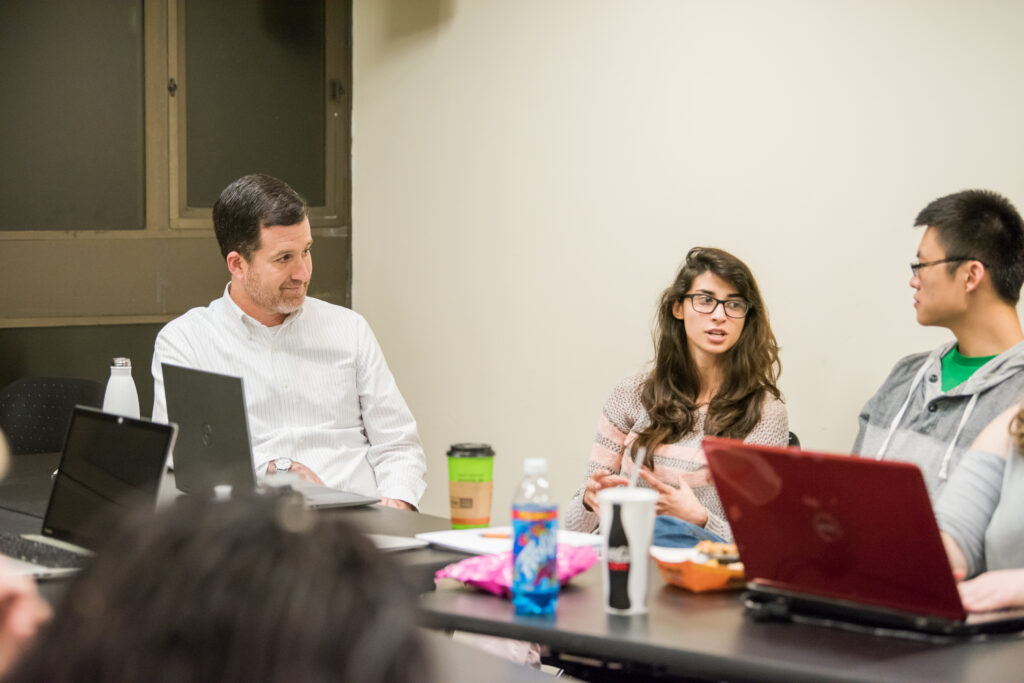
The Baltimore Traces project, a collaborative teaching initiative in the arts and humanities, amplifies the community voices of Baltimore residents and neighborhoods through various media. This key example of community-engaged teaching, which has been recognized by the National Humanities Alliance, has produced short video documentaries, a website, an interactive map, and radio programming that aired on Baltimore’s WEAA 88.9 FM.
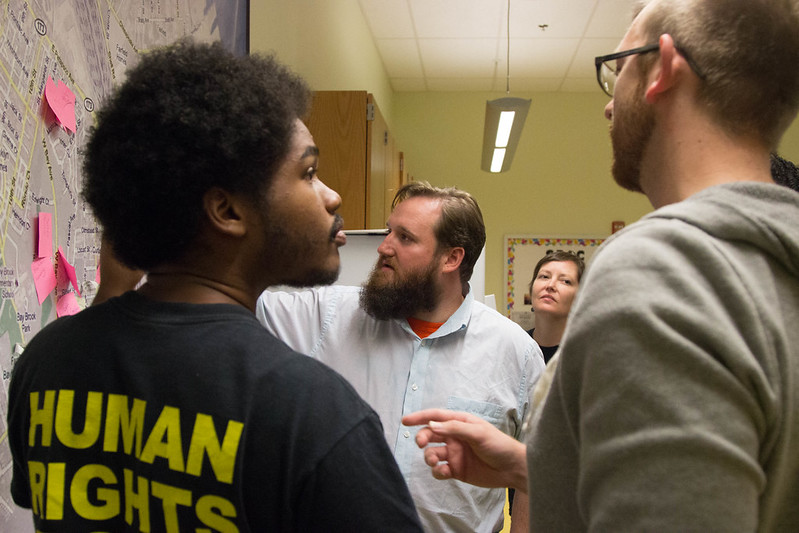
Scholarship and teaching rooted in community engagement also play a significant role in the social sciences at UMBC. In the Sondheim Public Affairs Scholars Program, for example, students spend years honing their skills as future public servants and advocates in local, national, and international communities. Recent UMBC graduate Maheen Haq, global studies and economics, is a Sondheim Scholar who has worked to support communities facing discrimination, from Syria to Baltimore.
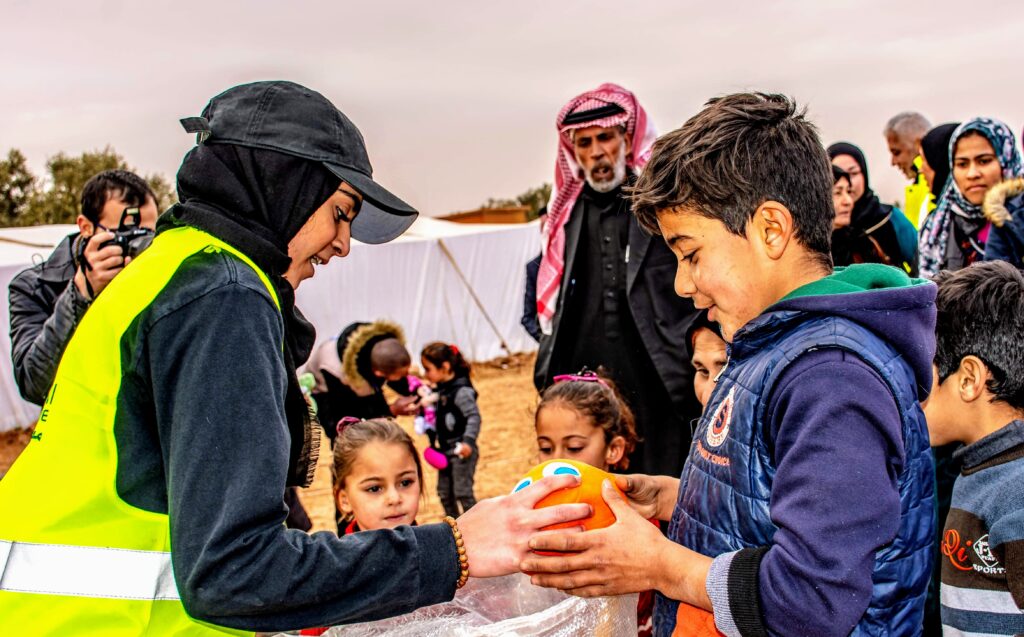
UMBC also trains future scientists and engineers to conduct community-based research. The National Science Foundation-supported Bahama Oriole Project, a collaborative research initiative with Bahamian scientists and conservationists, works to save the critically endangered Bahama Oriole. An affordable infant incubator that originated in a UMBC engineering course is now in clinical trials in India and recently won the 2019 Global Health Research Award from the Academic Pediatric Association. And UMBC’s Engineers Without Borders student group has taken trips to Kenya and Costa Rica, working collaboratively with local communities and local university students to improve access to clean water.
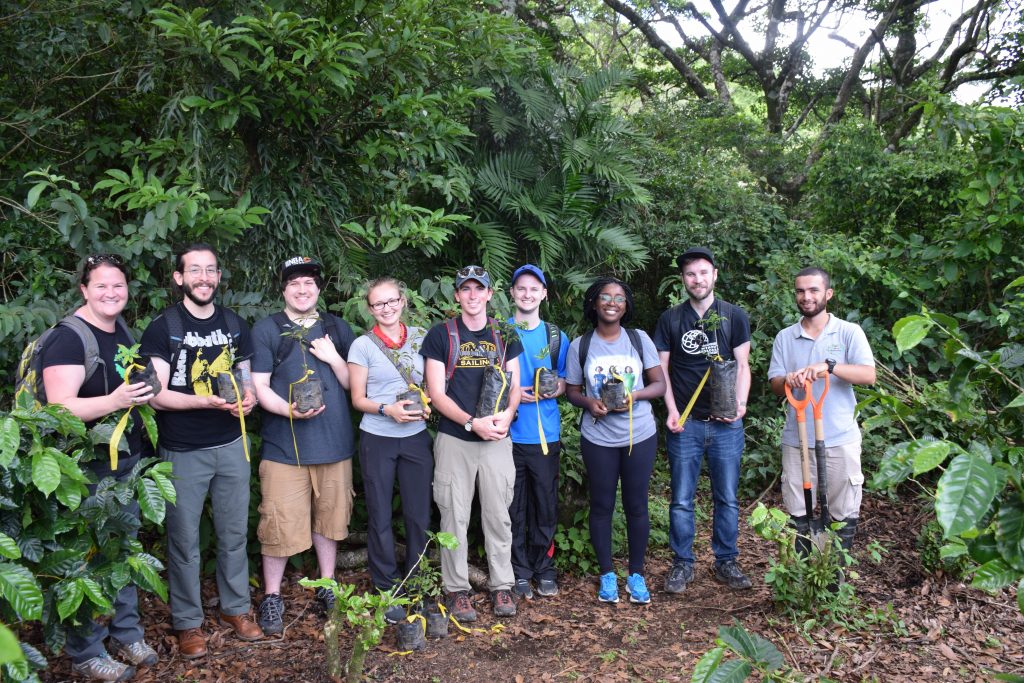
UMBC is also invested in the local community immediately surrounding campus. Recently, the university celebrated the opening of OCA Mocha, the brainchild of students in an entrepreneurship class. OCA stands for Opportunities for Community Alliances. The coffee house and community activity space is located a few minutes from UMBC’s main campus and has already found success hosting UMBC and non-university groups and bringing them together in conversation.
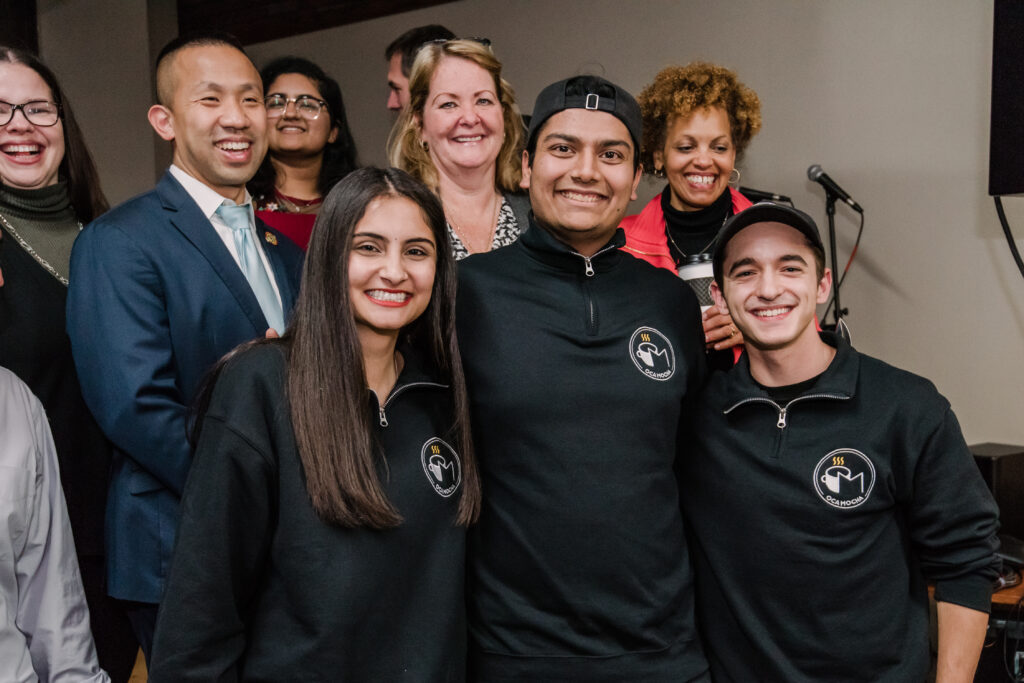
“Thanks to the Carnegie application process, we know the extent and the depth of the community-engaged work that UMBC students, faculty, and staff have achieved over the last five decades,” shares Scott Casper, dean of the College of Arts, Humanities, and Social Sciences. “The Carnegie classification is an opportunity to celebrate that work. It’s also an opportunity to keep growing—coordinating this work to understand better the impacts of our community-engaged partnerships for our faculty, staff, students, alumni, and our partners.”
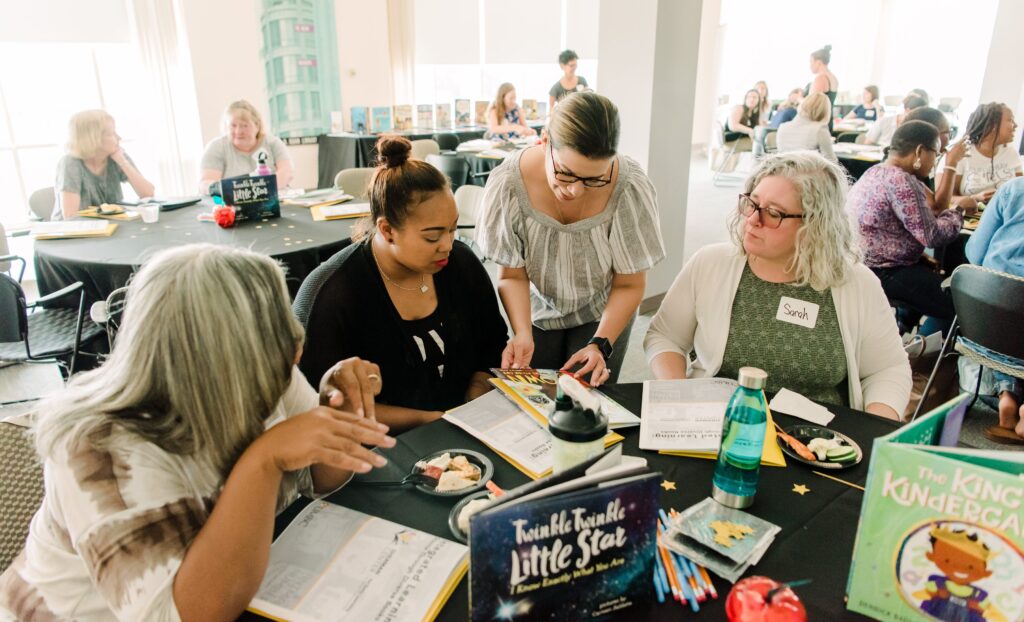
“Community engagement and a strong sense of purpose are at the heart of UMBC teaching, learning, and research,” says President Freeman Hrabowski. “The Carnegie Community Engagement Classification is a reflection of our values and our character. It affirms that together we can achieve great things locally, nationally, and internationally.”
Featured photo: Sherman STEM Teacher-Scholar, Vanessa Gonzalez ’19, American studies, works with Lakeland Elementary/Middle School students. All photos by Marlayna Demond ’11 for UMBC unless noted.
Tags: Biology, CAHSS, CNMS, COEIT, engineering, Rankings, ShriverCenter, SondheimScholars

